Best Protein Sources for Senior Cats
Introduction:
As cats grow older, their nutritional requirements change, making a proper diet essential for supporting their health and vitality. Protein is one of the most essential elements in a senior cat’s diet. Choosing the best protein sources for senior cats can directly impact their muscle maintenance, immune function, and overall well-being. Unlike younger felines, older cats may struggle with digesting certain foods, which is why selecting easily digestible proteins is essential for optimal health.
The best protein sources for senior cats typically come from high-quality animal-based ingredients, such as chicken, turkey, fish, and beef. These meats provide complete amino acid profiles necessary for supporting lean muscle mass and maintaining energy levels in aging felines. Some senior cat foods also include eggs, which are not only rich in protein but also easy on the digestive system.
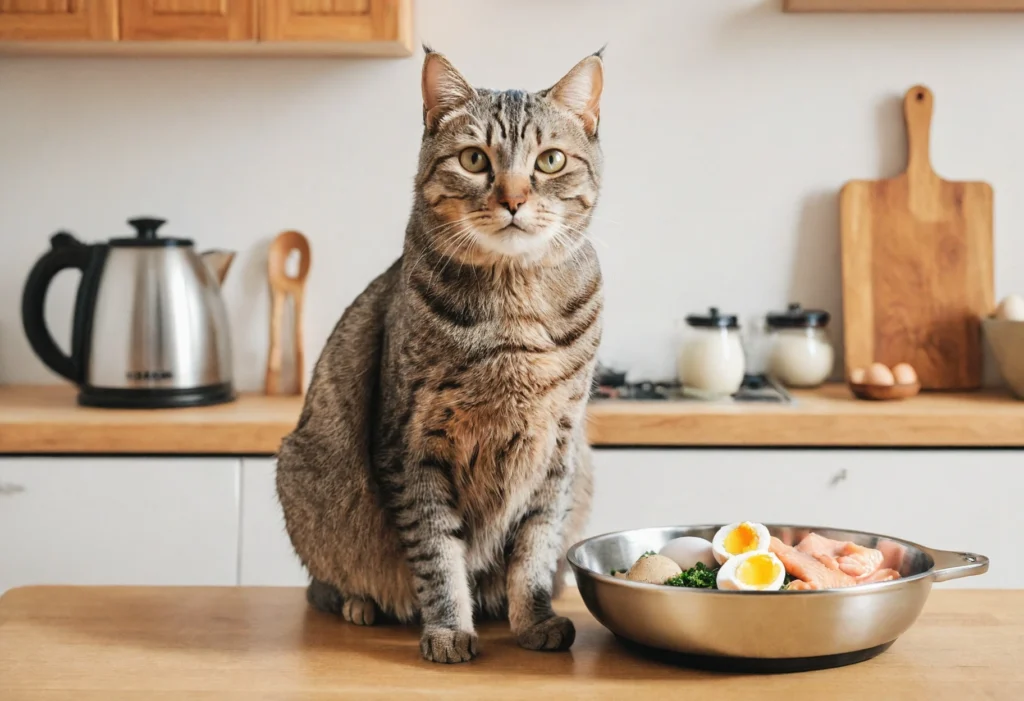
It’s also important to consider the protein needs of aging cats, as they often require more, rather than less, protein than younger cats. High-protein cat food for seniors should be specifically formulated to cater to their slower metabolism and potential health conditions like kidney disease or muscle wasting.
In this article, we’ll explore the best protein sources for senior cats, discuss the benefits of easily digestible protein options, and offer practical feeding tips to ensure your elderly feline thrives. Whether you’re choosing between wet food, dry kibble, or homemade meals, understanding the right protein sources is key to giving your senior cat a long, healthy life.
Animal-Based vs. Plant-Based Proteins for Senior Cats
As cats grow older, their nutritional requirements shift, especially when it comes to protein. Recognizing the distinctions between animal-based and plant-based protein sources is key to determining the most suitable protein options for senior cats. The goal is to support muscle strength, organ function, and overall vitality through high-quality, digestible proteins.
Why Animal-Based Proteins Are Ideal
For senior felines, animal-based proteins remain the most effective and biologically appropriate option. Cats are obligate carnivores, which means their bodies are naturally designed to digest and flourish on meat-based diets. Chicken, turkey, beef, fish, and eggs are all excellent choices and frequently appear in top-rated high-protein cat foods for seniors.
These protein sources are rich in essential amino acids, including taurine, which is vital for heart and vision health. Moreover, animal proteins are generally easier to digest, making them suitable for cats with aging digestive systems. When evaluating the best protein sources for senior cats, look for formulas that list real meat as the first ingredient, ensuring quality and absorption efficiency.
Limitations of Plant-Based Proteins
While some commercial cat foods include plant-based proteins such as soy, lentils, or peas, these are not ideal for senior cats. Unlike meat, plant proteins often lack a complete amino acid profile, which may lead to nutritional gaps over time. Additionally, the digestibility of plant proteins is lower, which can strain an older cat’s metabolism.
Though some plant-based ingredients can add fiber and complement a diet, they should never replace animal-based protein sources. The protein needs of aging cats are best met through animal-derived ingredients that align with their natural dietary instincts.
Choosing the best protein sources for senior cats means prioritizing digestibility, completeness, and biological relevance qualities that plant proteins simply cannot fully offer.
How Much Protein Does a Senior Cat Need?
Providing the right amount of protein is just as important as choosing the best protein sources for senior cats. As cats age, their metabolism slows down, but their bodies still require high levels of protein to maintain lean muscle mass, support immune health, and aid in tissue repair. Unfortunately, many pet owners underestimate how much protein their older cats actually need.
Protein Requirements for Aging Cats
Senior cats generally need more protein per pound of body weight than younger adult cats. According to veterinary nutrition guidelines, a healthy senior cat should consume at least 6.5 grams of protein per kilogram of body weight daily. However, the quality of the protein is critically important. That’s why choosing the best protein sources for senior cats is crucial.
Animal-based proteins like chicken, turkey, salmon, and beef provide complete amino acid profiles and are more easily absorbed by the body compared to plant-based options. These high-quality proteins are easier for an aging digestive system to process, ensuring your cat absorbs the nutrients it needs to stay strong and active.
Protein and Common Health Conditions
For senior cats with certain health conditions, such as kidney disease or diabetes, your vet may recommend a moderate-protein diet with a focus on easily digestible protein sources. Even in these cases, the best protein sources for senior cats are those that provide high nutritional value without overloading the organs.
Balancing Quantity and Quality
It’s not just about how much protein you serve, but what kind. A small portion of a high-quality, meat-based protein can be far more beneficial than a large quantity of filler-rich food. By choosing the best protein sources for senior cats, you support their longevity, mobility, and overall quality of life.
Top 5 Natural Protein Sources for Senior Cats
Selecting the best protein sources for senior cats is essential for supporting muscle maintenance, organ health, and overall vitality in their later years. Natural protein sources are often more digestible, nutrient-rich, and aligned with a cat’s carnivorous biology. Let’s explore five of the most beneficial natural proteins that help aging felines thrive.
1. Cooked Chicken
Cooked chicken is one of the most effective and accessible protein sources for senior cats. It’s lean, easy to digest, and packed with essential amino acids that support aging muscles. When offered plain boiled or baked without seasoning, it’s gentle on the digestive system and ideal for cats with sensitive stomachs.
2. Steamed Fish
Fish like cod, tilapia, and trout deliver highly bioavailable protein along with valuable fatty acids. These nutrients can ease joint stiffness and support coat health. For older cats, fish is a soft, flavorful protein option that’s easy to chew and digest, making it one of the best protein sources for senior cats.
3. Plain Scrambled Eggs
Eggs offer complete protein, meaning they contain all the essential amino acids cats need. Lightly scrambled eggs with no added oils or spices are excellent for elderly cats, especially those with reduced appetites. Their digestibility and high nutrient content make eggs a valuable addition to a senior cat’s diet.
4. Lean Ground Turkey
Turkey is a lean, protein-rich choice that is gentle on the digestive systems of older cats. When cooked thoroughly and offered in small portions, turkey supports muscle retention and provides steady energy, important benefits for less active cats.
5. Organ Meats (In Moderation)
Small portions of liver or kidney from trusted sources can deliver a powerful nutritional punch. These organ meats are dense in protein and key vitamins, but should be served in moderation to avoid excess.
The best protein sources for senior cats combine digestibility, nutritional balance, and natural ingredients that promote longevity and quality of life.
Homemade Protein-Rich Meals for Aging Cats
Preparing meals at home allows pet owners to take control of their cat’s nutrition, especially when selecting the best protein sources for senior cats. As felines age, they require high-quality, easily digestible proteins to maintain lean body mass and energy levels. Homemade meals can deliver targeted nutrition using whole ingredients tailored to an older cat’s specific needs.
Why Choose Homemade Meals?
Commercial cat foods often contain fillers, artificial preservatives, or plant-based proteins that aren’t ideal for aging cats. By crafting meals at home, you ensure the inclusion of the best protein sources for senior cats, such as fresh meats, eggs, and cooked fish. These animal-based proteins provide complete amino acid profiles that support muscle health, joint function, and immune strength.
Homemade diets also reduce the risk of food sensitivities and offer flexibility for cats with chronic health conditions like kidney disease or digestive disorders. When prepared correctly, they deliver balanced nutrition in a form that’s more palatable and easier to digest.
Easy Homemade Recipe Ideas
Below are a few senior cat–friendly meal ideas using top protein sources:
- Chicken and Pumpkin Mash
Combine boiled, skinless chicken breast with pure pumpkin puree for added fiber. This is a protein-rich, easily digestible meal that promotes healthy digestion. - Scrambled Egg and Tuna Mix
Lightly scramble one egg and mix it with canned tuna in water (no salt added). This provides a soft, flavorful protein blend ideal for cats with dental issues. - Ground Turkey and Carrot Blend
Thoroughly cook lean turkey and combine it with finely grated, steamed carrots. This is a low-fat, high-protein option suitable for daily feeding.
Always consult your veterinarian to ensure your homemade meals meet your cat’s dietary needs. When done properly, home cooking with the best protein sources for senior cats can improve appetite, vitality, and overall wellness.
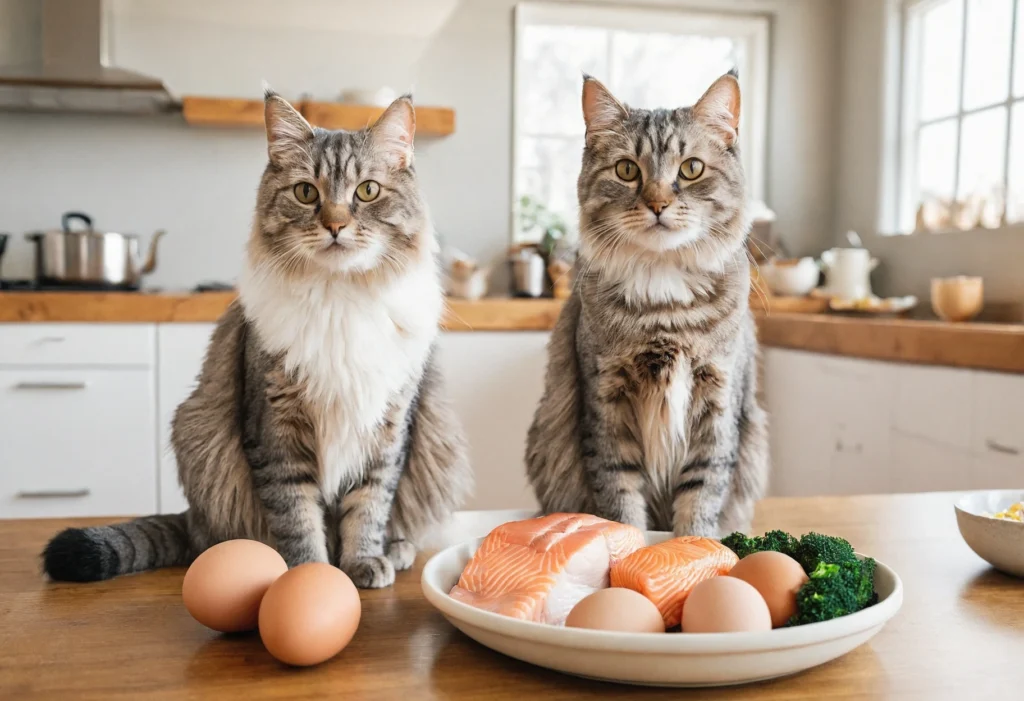
How to Transition Senior Cats to a High-Protein Diet
Switching your aging feline to a more protein-rich meal plan requires a thoughtful approach. While the best protein sources for senior cats provide the nutritional boost they need, a sudden change in diet can lead to digestive issues or food refusal. A gradual and careful transition ensures your cat adapts smoothly to healthier, protein-dense meals.
Start Slowly with Small Increments
When introducing new food, especially one rich in animal-based proteins, begin by replacing just 10%–20% of your cat’s current diet with the new high-protein option. Over the course of 7 to 10 days, gradually increase the proportion while decreasing the old food. This helps your cat’s digestive system adjust and allows you to monitor any reactions.
Prioritize Digestible Protein Sources
Choose easily digestible ingredients during the transition. The best protein sources for senior cats include options like cooked chicken, turkey, eggs, and salmon. These are not only high in quality protein but also gentle on sensitive stomachs. Avoid processed meats or low-grade by-products, which can be harder to digest and less nutritionally complete.
Monitor Your Cat’s Response
Keep a close eye on your cat’s appetite, stool consistency, energy levels, and hydration. Positive signs like improved coat condition, increased activity, and steady weight suggest that the new protein-rich diet is working well. If you notice vomiting, diarrhea, or a refusal to eat, pause the transition and consult your vet.
Add Variety Over Time
Once your cat adjusts, you can introduce variety using multiple best protein sources for senior cats. Rotating between chicken, turkey, and fish not only adds excitement to mealtime but also provides a broader range of nutrients.
By introducing change gradually and focusing on the most beneficial protein ingredients, you’ll give your senior cat the best chance at a healthier, more active life.
Common Mistakes to Avoid When Feeding Protein to Senior Cats
Feeding older cats the right nutrients is essential for supporting their aging bodies. While the best protein sources for senior cats offer numerous benefits, like improved muscle maintenance and energy, not all feeding approaches are equally effective. Many well-meaning pet owners make errors that can hinder a senior cat’s health. Understanding what to avoid is just as important as choosing the right food.
Mistake #1: Ignoring Protein Quality
Not all proteins are created equal. One of the most common mistakes is assuming that any source of protein is beneficial. However, the best protein sources for senior cats come from high-quality animal products like chicken, turkey, or fish. Low-grade by-products and plant-based fillers may contain protein, but they lack the full amino acid profile and digestibility that older cats need.
Mistake #2: Overfeeding or Underfeeding Protein
Senior cats have specific protein requirements. Overfeeding can stress the kidneys, especially in cats with pre-existing conditions. Underfeeding, on the other hand, can lead to muscle loss and weakness. The key is to offer the best protein sources for senior cats in moderate, veterinarian-approved amounts that support optimal health without overwhelming the system.
Mistake #3: Making Sudden Dietary Changes
Abruptly switching to a high-protein diet can upset your cat’s digestive system. Gradual transitions over 7–10 days allow your cat to adjust without stress or gastrointestinal issues. Introducing the best protein sources for senior cats slowly helps ensure long-term acceptance and nutritional benefit.
Mistake #4: Neglecting Variety
Feeding only one type of protein can lead to nutrient imbalances or food fatigue. Incorporate variety by rotating between different best protein sources for senior cats, such as eggs, salmon, and turkey. This not only provides a richer nutritional profile but also keeps meals interesting for your aging companion.
Avoiding these common pitfalls ensures your senior cat gets the most out of their protein-rich diets, supporting both longevity and quality of life.
Signs Your Senior Cat Needs More Protein
As cats age, their bodies undergo changes that increase the demand for high-quality nutrients, especially protein. Recognizing the early signs of protein deficiency can help you take action quickly by introducing the best protein sources for senior cats into their diet. A diet rich in protein helps maintain lean muscle mass, supports organ function, and strengthens the immune system, all vital for senior cats.
Loss of Muscle Mass and Weight
One of the clearest signs your senior cat needs more protein is noticeable muscle loss. You may feel the bones more prominently around the spine, hips, or shoulders. Even if your cat’s weight remains stable, a reduction in muscle tone signals a lack of sufficient dietary protein. Incorporating the best protein sources for senior cats, such as chicken, turkey, and eggs, can help restore strength and maintain body condition.
Low Energy and Lethargy
Protein provides essential amino acids that fuel daily activity and metabolic function. If your cat seems unusually tired, sluggish, or sleeps more than usual, it could be due to inadequate protein intake. Adding digestible, animal-based protein sources into their meals may help improve energy levels and overall vitality.
Poor Coat Condition
A dull, dry, or thinning coat may be a sign of inadequate nutrition, especially insufficient protein intake. Cats rely on amino acids to produce keratin, the main component of hair. The best protein sources for senior cats, including fish and eggs, supply the nutrients needed for a healthy, shiny coat.
Increased Illness or Weak Immunity
If your senior cat is getting sick more often or taking longer to recover from minor ailments, this may be due to weakened immune defenses linked to protein deficiency. High-quality protein helps maintain immune cell function and promotes tissue repair.
By watching for these signs and introducing the best protein sources for senior cats, you can support healthy aging and prevent more serious health complications in your feline companion.
Balancing Protein with Other Nutrients in a Senior Cat’s Diet
As cats age, their dietary needs become more complex. While the best protein sources for senior cats play a key role in preserving muscle mass and supporting energy levels, they must be carefully balanced with other essential nutrients to promote long-term health. Feeding only high protein without considering overall nutrition can do more harm than good.
Protein Is Just the Beginning
High-quality animal-based proteins like chicken, turkey, salmon, and eggs are among the best protein sources for senior cats because they offer complete amino acid profiles. However, protein alone doesn’t meet all the nutritional demands of aging cats. Without the right balance of fats, vitamins, and minerals, even the best protein sources may not deliver optimal results.
Nutrients That Complement Protein
- Healthy Fats: Fats, especially omega-3 fatty acids from fish, are vital for joint health, brain function, and skin condition. These fats work well alongside the best protein sources for senior cats, helping absorb fat-soluble vitamins and reducing inflammation.
- Fiber: Older cats often have slower digestion. Moderate amounts of fiber from sources like pumpkin or sweet potato can support gut health when paired with a protein-rich diet.
- Vitamins and Minerals: Vitamins A, B12, and D3 are essential for aging cats, while minerals like calcium, magnesium, and potassium maintain strong bones and nerve function. These should be part of any diet that includes the best protein sources for senior cats.
Creating a Balanced Meal Plan
To ensure your senior cat receives everything it needs, consider either high-quality commercial foods designed for senior felines or consult a veterinarian to design a custom home-prepared diet. Look for options that feature the best protein sources for senior cats while offering full-spectrum nutrition. This approach not only supports longevity but enhances quality of life during your cat’s golden years.
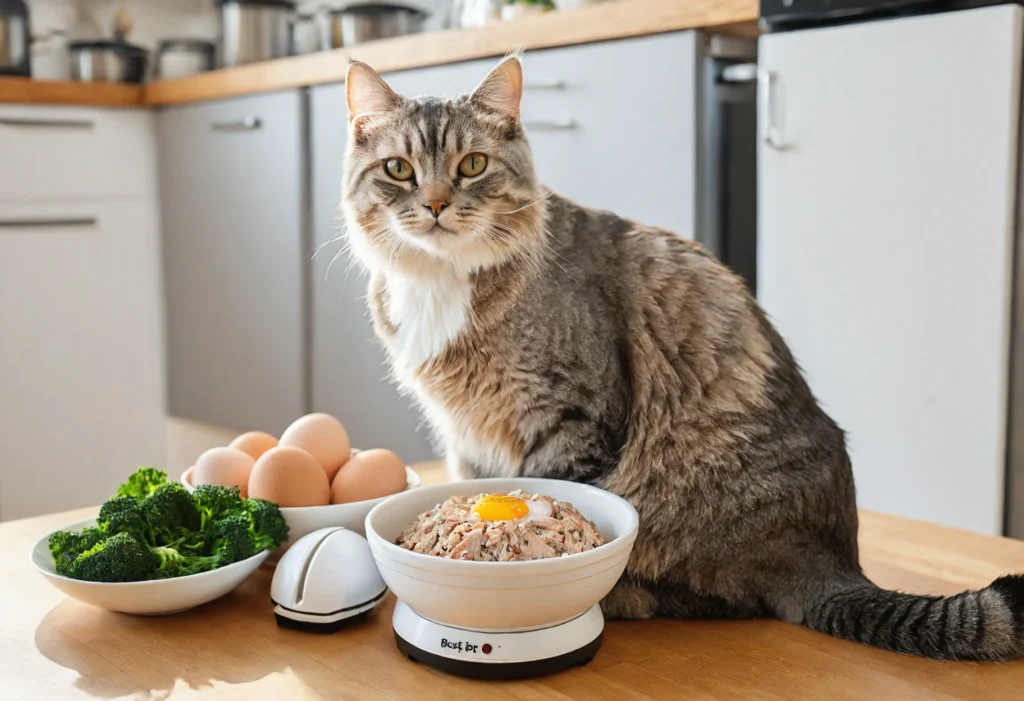
Vet-Recommended Protein Brands for Senior Cats
As cats age, their bodies require more support from nutrition than ever before. One of the most crucial dietary elements is protein. Selecting the best protein sources for senior cats can help maintain lean muscle, support internal organs, and boost vitality. With so many choices out there, how can you decide which is best? Many veterinarians recommend specific brands that offer high-quality, digestible proteins paired with nutrients tailored to senior cat health.
Understanding What Makes a Good Protein Source
Not all proteins are created equal. The best protein sources for senior cats come from real, animal-based ingredients such as turkey, chicken, salmon, and duck. These proteins provide all the essential amino acids necessary for senior cats. Brands that include organ meats, bone broth, or eggs often provide an extra layer of nutritional benefit.
Cats over the age of 7 also benefit from formulas enriched with added taurine, antioxidants, omega fatty acids, and joint-supporting nutrients like glucosamine.
Trusted Protein-Rich Cat Food Brands
FurWise Senior Formula
A lesser-known but vet-respected brand, FurWise uses turkey and duck as the primary protein sources. Its formula includes probiotics and joint care ingredients ideal for older cats with reduced mobility.
PurePaws Longevity Blend
This grain-free formula features salmon and chicken as primary ingredients, offering a rich source of omega-3s and lean protein. It’s noted for helping cats with dull coats and low energy levels.
VitalWhiskers Age+ Nutrition
Tailored specifically for senior felines, this brand includes slow-cooked beef and liver, providing a soft texture and digestibility. The formula also supports kidney health and heart function.
Choosing any of these options ensures your cat is getting one of the best protein sources for senior cats without compromising on taste or quality. Always read ingredient labels carefully, and when in doubt, speak to your veterinarian to match the protein source to your senior cat’s unique needs.
Frequently Asked Questions (FAQ)
1. Why is protein important for senior cats?
Protein plays a vital role in maintaining muscle mass, supporting organ function, and boosting the immune system in aging cats. As cats grow older, their ability to synthesize protein declines, making it essential to feed them the best protein sources for senior cats to prevent muscle loss and weakness.
2. What are the best protein sources for senior cats?
The best protein sources include high-quality, animal-based proteins such as chicken, turkey, salmon, duck, beef, and eggs. These proteins provide all the essential amino acids older cats need for optimal health and energy.
3. Should I avoid plant-based proteins for my senior cat?
Yes, senior cats thrive on animal-based proteins. Plant-based proteins like soy or peas may lack certain amino acids crucial for feline health. Focus on biologically appropriate, meat-based protein sources for better absorption and overall well-being.
4. How much protein does an older cat need daily?
While the exact amount depends on your cat’s weight, age, and health, most senior cats benefit from a diet with at least 30-40% protein on a dry matter basis. Be sure to consult your veterinarian before making any changes to your cat’s diet.
5. Are homemade protein meals good for senior cats?
Homemade meals can be effective if properly balanced. Use the best protein sources for senior cats, like cooked chicken or turkey, and supplement with essential nutrients. A veterinary nutritionist can assist in creating a balanced and safe homemade diet for your cat.
6. Can too much protein harm my senior cat?
Excessive protein, especially in cats with kidney disease, may not be ideal. It’s important to strike a balance and choose high-quality, moderate-protein diets that are tailored to your senior cat’s health condition.
Conclusion
Choosing the best protein sources for senior cats is one of the most important steps you can take to support your feline’s health in their golden years. As cats age, their nutritional needs shift, muscle maintenance becomes harder, digestion slows, and certain nutrients become more essential. That’s why high-quality, easily digestible proteins like chicken, turkey, salmon, and eggs should be at the heart of their diet.
But protein alone isn’t enough. To truly enhance your senior cat’s quality of life, their meals should also include healthy fats, vital vitamins, and joint-supporting compounds. Whether you’re selecting a trusted commercial brand or preparing a veterinarian-approved homemade diet, aim for balance, digestibility, and bioavailability.
Always consult with your veterinarian before making significant dietary changes, especially if your cat has underlying health conditions such as kidney disease or arthritis. They can help guide you to the best protein sources for senior cats based on your pet’s individual needs.
By prioritizing premium protein and a balanced approach to nutrition, you’re not just feeding your cat, you’re giving them the tools to stay strong, active, and content well into their senior years.

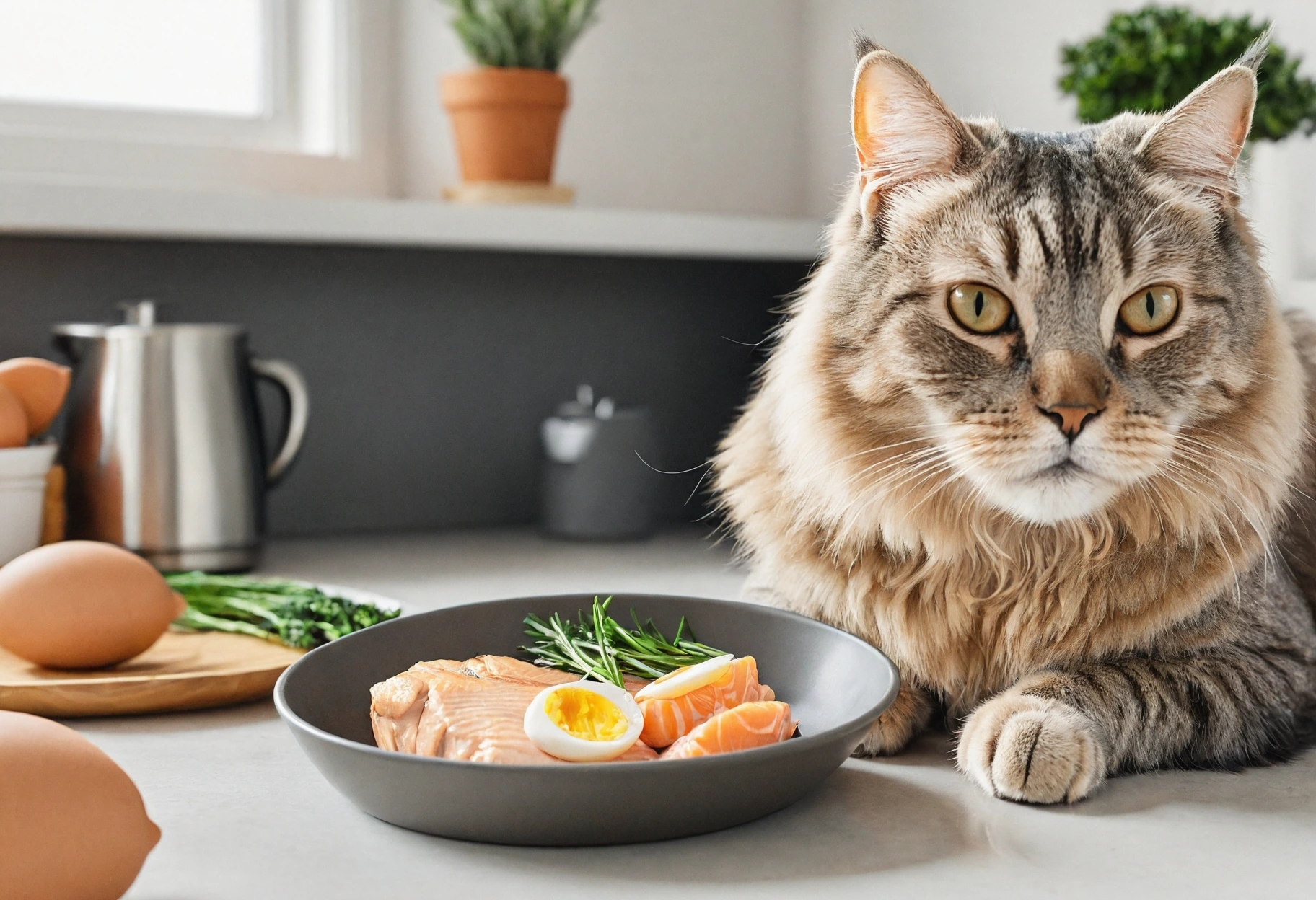
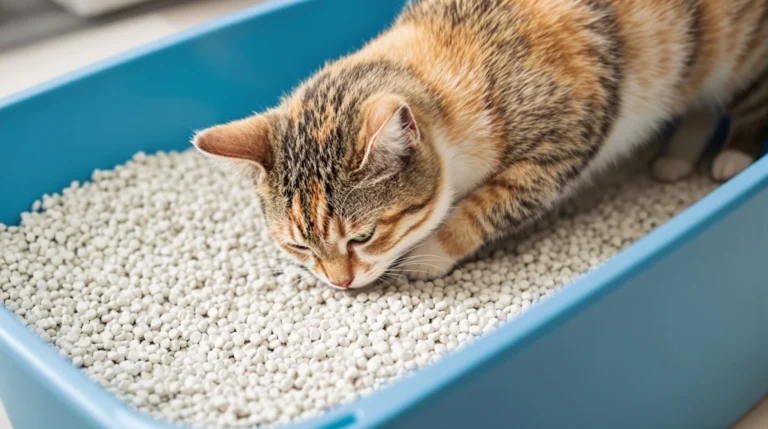

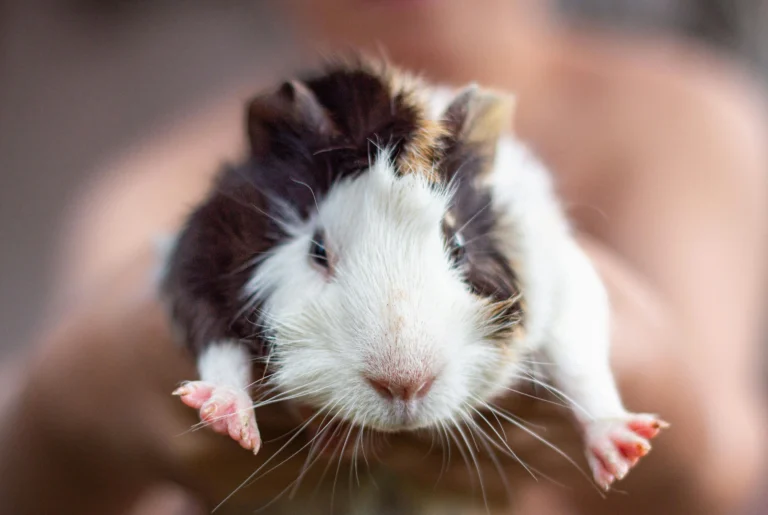
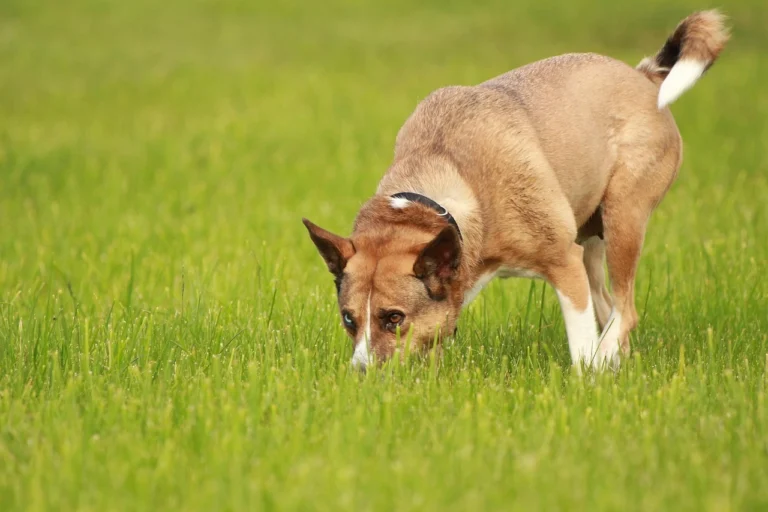
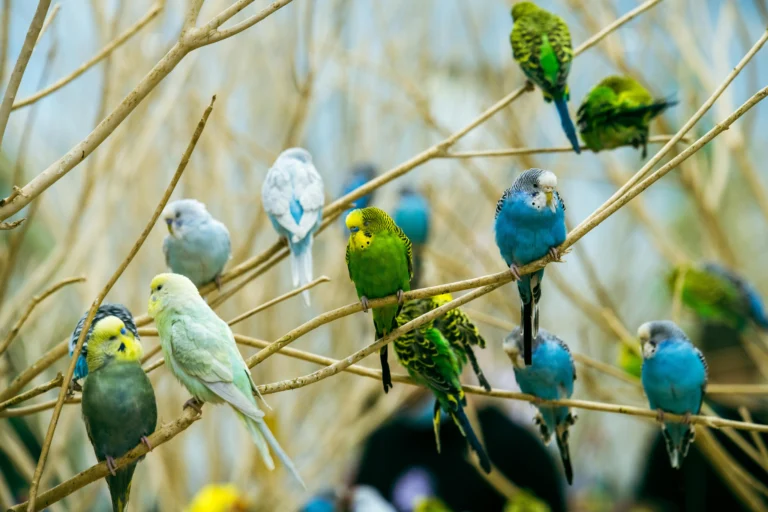
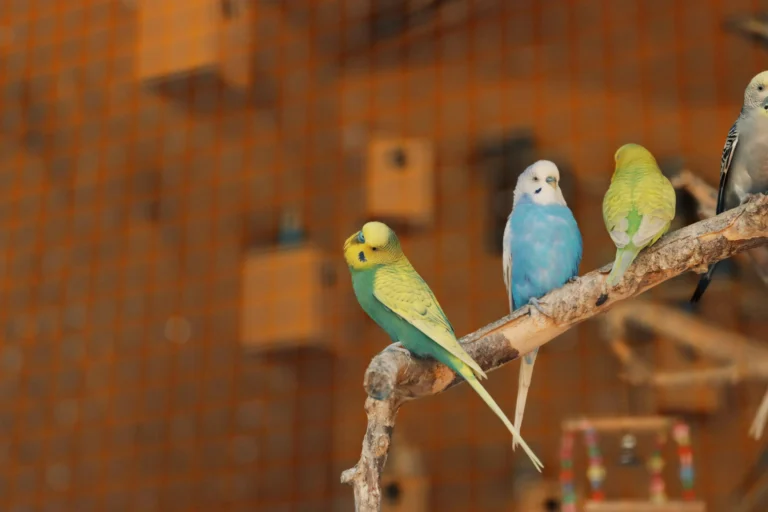
you’ve got an incredible blog here! would you prefer to make some invite posts on my weblog?
yes
You have mentioned very interesting points! ps nice site.
thanks
I don’t even know how I ended up right here, however I assumed this post was good. I don’t know who you might be but certainly you’re going to a well-known blogger if you happen to are not already 😉 Cheers!